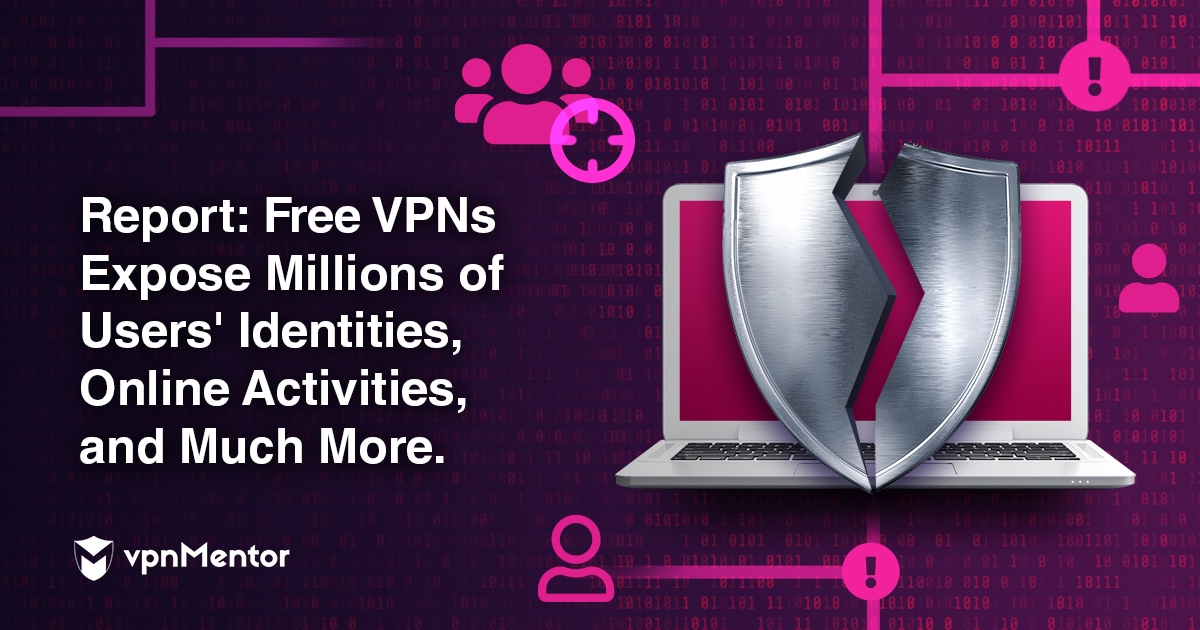My general VPN post
There are two types of VPN, do not get them confused.
The type depends on where the traffic conversation (traffic) originates
1) origination: local home network, destination the internet.
This type of VPN is purpose to hides your activity from the internet, it is outbound, it normally costs a monthly fee to use. Direction is from your home PC to the internet, going to your bank, google, porn sites,,,, this not what you want. This VPN uses a VPN server that is in the middle of your communications.
2) Origination: the internet world wide web, destination: your home network.
This VPN type is used to provide a secure connection onto your local network, in bound to your local home network, from your office computer, your cell phone in your car, tablet at the coffee shop.. This is what you want, it does not have a monthly fee and is normally completely free. OpenVPN is this type of VPN.
If you home internet provider is a cellular network, then
DDNS (dynamic Domain Name System) may not work, the DDNS is needed for most Inbound VPN services (OpenVpn) to get your home IP address (it is not static) so OpenVPN may not work for you.
A video on the paid VPN.
------------------------------------------------------
Hacked VPNs
A group of free VPN (virtual private network) apps left their server completely open and accessible, exposing private user data for anyone to see. This lack of basic security

www.vpnmentor.com

nakedsecurity.sophos.com
-----------------------------------------------------

 (I'm the guy under the hammer)
(I'm the guy under the hammer)
